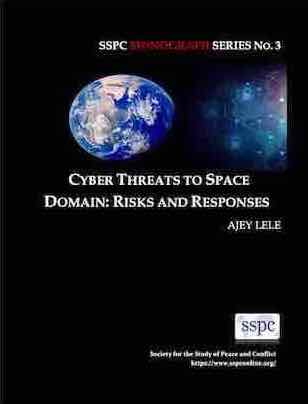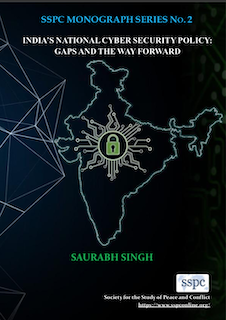-

“Over the course of time, there has been a substantial increase in human dependence on space systems to facilitate diverse activities ranging from governance to defence. Contemporary applications of satellites encompass meteorology, communications, navigation, and remote sensing, all of which are utilized on a routine basis. Owing to the profound reliance of nation-states on these space systems, they have emerged as alluring targets for military endeavours by adversarial entities. Inflicting physical harm upon outer space systems through conventional means poses significant challenges.
-

Ever since the events of document leaks by NSA’s whistleblower Edward Snowden, countries around the world have become conscious about their cybersecurity measures. The leaked reports worked as a wake-up call for India. India was the top most priority target by the American spy agency NSA. It was the time when India realized the great need for a Cyber Policy. In the year 2013, the Ministry of Electronics and Information Technology (MeitY) drafted India’s first National Cyber Security Policy (NCSP). The policy is framed with a coherent vision and a dynamic set of stratagems for execution.
-

Technology has come to play a very important role in the conduct of International Relations today. Technology has in fact been a dominant factor in determining power of any country. With technology as a priority, diplomacy has evolved in dealings amongst states for mutual benefits and shared interests.
Paxton ported to drupal by DropThemes.in